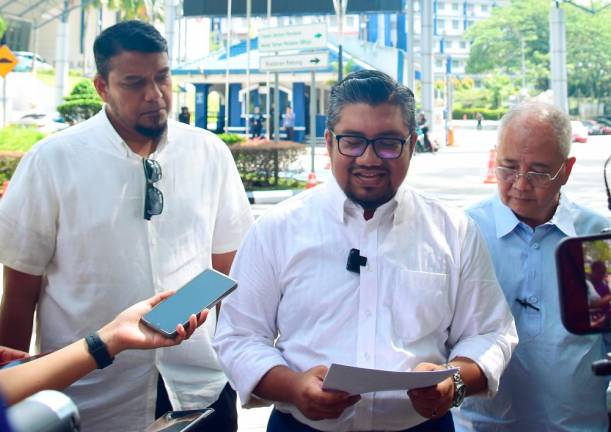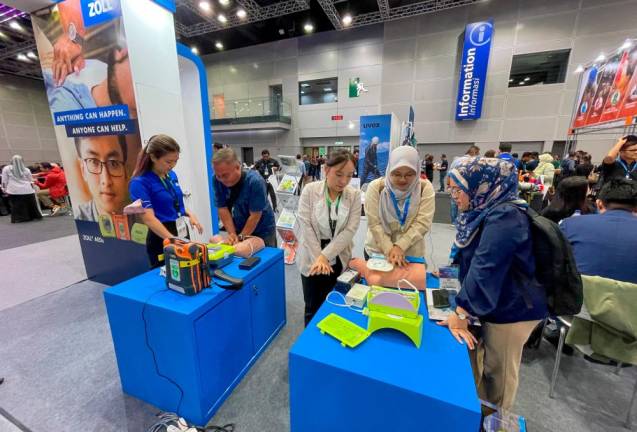KUALA LUMPUR: The push by Pakatan Harapan (PH) to not only lower the voting age but also implement automatic registration may be folly for the coalition.
PH swept into power in 2018 on the back of strong support from non-Malay voters but that support may be diluted in the next elections.
Research outfit Merdeka Centre estimated that the proportion of bumiputra voters will rise from 62% to 64.1% if the voting age is lowered from 21 years to 18.
On the other hand, the ratio of Chinese voters will drop from 29% in 2018 to 26.9%, according to its research officer Ted Lee.
“Assuming that there is no change in the composition of the coalition, it means the core support for PH will be diluted in the next elections,” he told theSun.
Implementing automatic registration will similarly boost the ratio of bumiputra voters to the detriment of PH.
The next elections must be held by 2023.
Lee pointed out that in 2018, 93.3% of Chinese voters in Peninsular Malaysia backed PH against less than a quarter of Malay voters.
Among the Malays who voted, 43.5% of them picked Barisan Nasional (BN), 34% went for PAS and a mere 22.3% put their trust in PH.
Among the Indians, 83.5% voted for PH and 15.5% went for BN. Only 1% went for PAS.
If there is no big change in the political scenario, Lee said, PH’s share of votes will decrease as the proportion of Malay voters rises.
Political analyst Dr Wong Chin Huat said an expansion of the electorate will add 3.5 million new voters to the electoral rolls, making reforms more pressing.
The current system does not have any provision to raise the number of seats in more populous states and reduce the number of seats in less populous states, he told theSun yesterday.
For instance, he said, in the previous elections, there was a huge disparity between Selangor and Pahang.
“An average constituency in Selangor, which has 22 seats in Parliament, had 109,776 voters.
“Pahang, which has 14 seats, had only 58,856 voters. That’s a ratio of nearly two to one.
“This will lead to malapportionment.
“Expanding the electorate will make (the problem) worse,” he said.
“The government and political parties must be prepared to boldly rectify this malapportionment through delimitation or even change the electoral system.”










